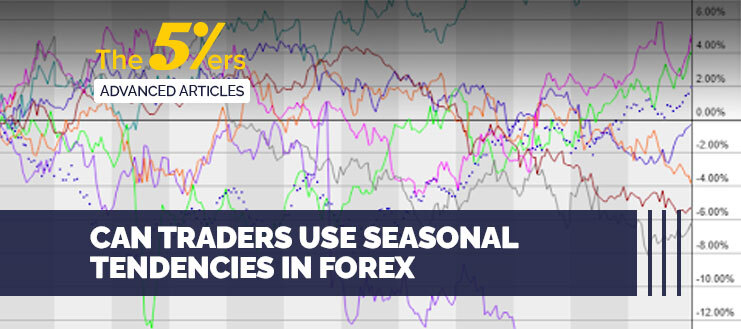Currency flows, market sentiment, and economic fundamentals can all be impacted by seasonal fluctuations in the forex market. Seasonal patterns may develop in the Forex market despite its continuous and global operation because of a variety of factors, including holidays, economic cycles, weather patterns, and geopolitical events. Seasonal trends have the potential to impact forex trading in multiple ways.
- Holidays: As market players take time off, trade volumes and liquidity in the Forex market may decrease during the holiday seasons. Reduced liquidity might make it harder to execute trades profitably by causing wider bid-ask spreads and higher volatility.
- Year-End Flows: Investors may take profits, rebalance their portfolios, or square their positions at the end of the year, all of which can cause swings in currency values. A number of variables, including tax implications, performance goals, and portfolio modifications, may have an impact on year-end flows.
Month- and Quarter-End Flows: - Quarter-End and Month-End Flow: The Forex market might see higher volatility during quarter- and month-end times as investors make adjustments to their positions and portfolios, much like year-end flows. The rebalancing of currency exposures by hedge funds, mutual funds, and institutional investors may have an impact on currency markets.
- Economic Data Releases: Seasonality can affect currency prices. Examples of economic data releases include employment statistics, retail sales numbers, and manufacturing data. For example, seasonal factors like crop harvests and weather patterns may have an impact on agricultural commodity currencies like the Australian dollar (AUD) and Canadian dollar (CAD).
- Travel and Tourism Flows: Seasonal variations in travel and tourism can have an impact on exchange rates and demand for currencies. Popular tourist locations' currencies may see a spike in demand during the busiest travel times, which could contribute to an appreciation. On the other hand, during off-peak seasons, the currencies of nations that depend on tourism earnings may depreciate.
- Interest Rate Differentials: Central banks may adjust interest rates in response to seasonal economic conditions, such as holiday shopping seasons or agricultural cycles. Interest rate differentials between countries can impact currency values and carry trade strategies.
- Weather-Related Events: Extreme weather events, such as hurricanes, typhoons, or droughts, can disrupt economic activity, trade flows, and commodity prices, affecting currency values. For example, weather-related disruptions to agricultural production can impact the currencies of commodity-exporting countries.
- Geopolitical Events: Seasonal geopolitical events, such as elections, geopolitical tensions, or geopolitical alliances, can influence currency markets. Political developments may have a more pronounced impact during certain seasons or periods of heightened geopolitical uncertainty.
When trading forex, it's important to perform in-depth research and take into account a variety of elements, even though seasonal trends can offer insights into possible market movements. Seasonal patterns should be used by traders in conjunction with technical, fundamental, and risk management methods as part of an all-encompassing trading strategy. Additionally, traders should modify their methods in response to changing market conditions and trends.


0 Comments